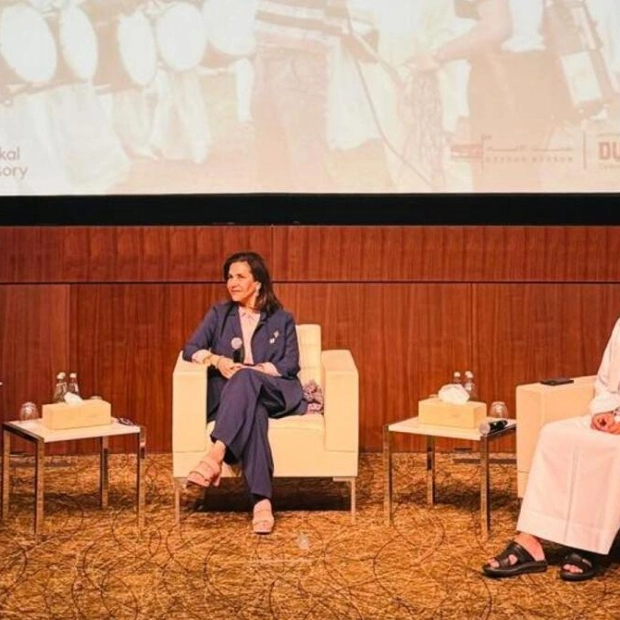Nearly half of female football fans in England and Wales have encountered sexist or misogynistic abuse at matches, yet most have not reported it to authorities, according to a new study by anti-discrimination charity Kick It Out. The survey of 1,502 individuals revealed that 7% had been inappropriately touched, 3% were victims of physical violence, and 2% experienced sexual assault or harassment. Wolf-whistling, questioning their knowledge of the rules, and persistent badgering were among the sexist behaviors reported.
Despite the prevalence of sexism, 77% of respondents felt safe attending matches, and 40% noted improvements in their experiences over time. However, ethnic minorities, those with disabilities, and younger people were more likely to feel unsafe and encounter sexism in football settings. A significant 85% of those surveyed had never reported the abuse, primarily because they doubted it would make a difference.
Hollie Varney from Kick It Out emphasized the need for football to take sexism seriously and ensure women feel safe and confident to report discrimination. Reports of sexism to Kick It Out have notably increased in recent seasons. The study also highlighted the use of sexist language, with 53% of respondents experiencing or witnessing comments suggesting women should be elsewhere, such as "back in the kitchen".
Kick It Out has launched a campaign using the research data to educate women fans about reporting sexist abuse as discrimination and to encourage male fans to challenge such behaviors. Sexist incidents in football extend beyond fans, with notable cases including a female employee exposing sexist emails from former Premier League chief executive Richard Scudamore in 2014, and the British Football Association apologizing in 2018 for a sexist caption on a photo of the England women's soccer team.
In Spain, former soccer federation chief Luis Rubiales faces trial for an unsolicited kiss on women's national team player Jenni Hermoso in August last year. These incidents underscore the need for more structural change in the women's game despite progress.






